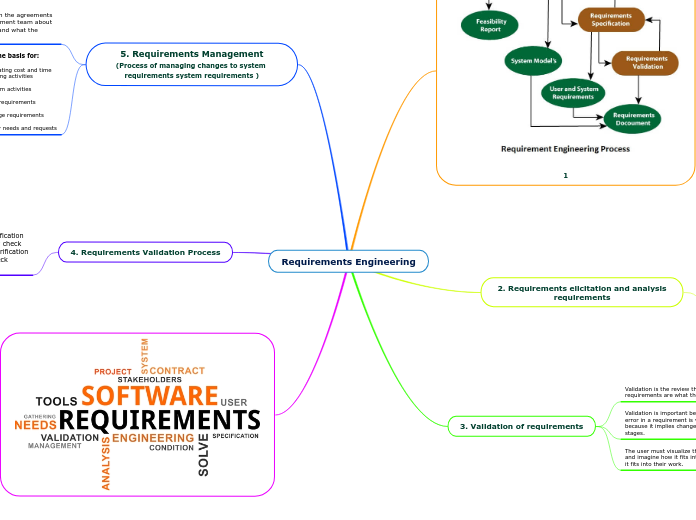a Luis Zamora 3 éve
669
Requirements Engineering
Effective requirements engineering encompasses several critical activities to ensure that system requirements are well-defined, understood, and managed throughout the development process.

a Luis Zamora 3 éve
669

Még több ilyen
Autos = Self
Bios = Life
Graphy=Writing
An autobiography is the author's retelling of their life. This is written in first person and the author is the main character.
Add your personal information.